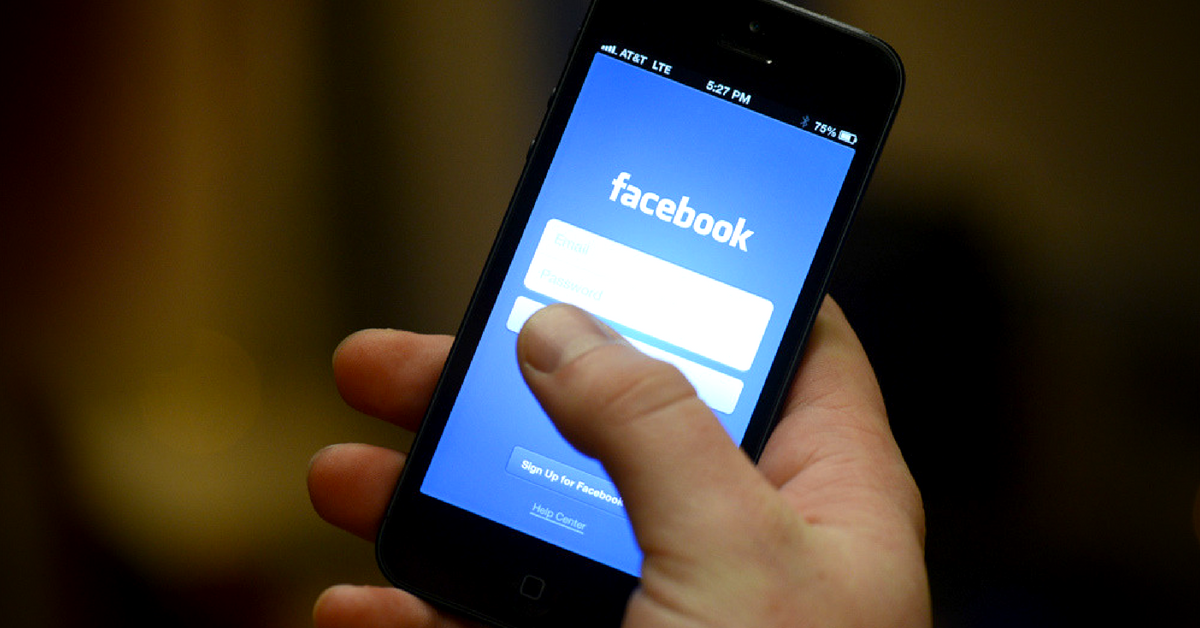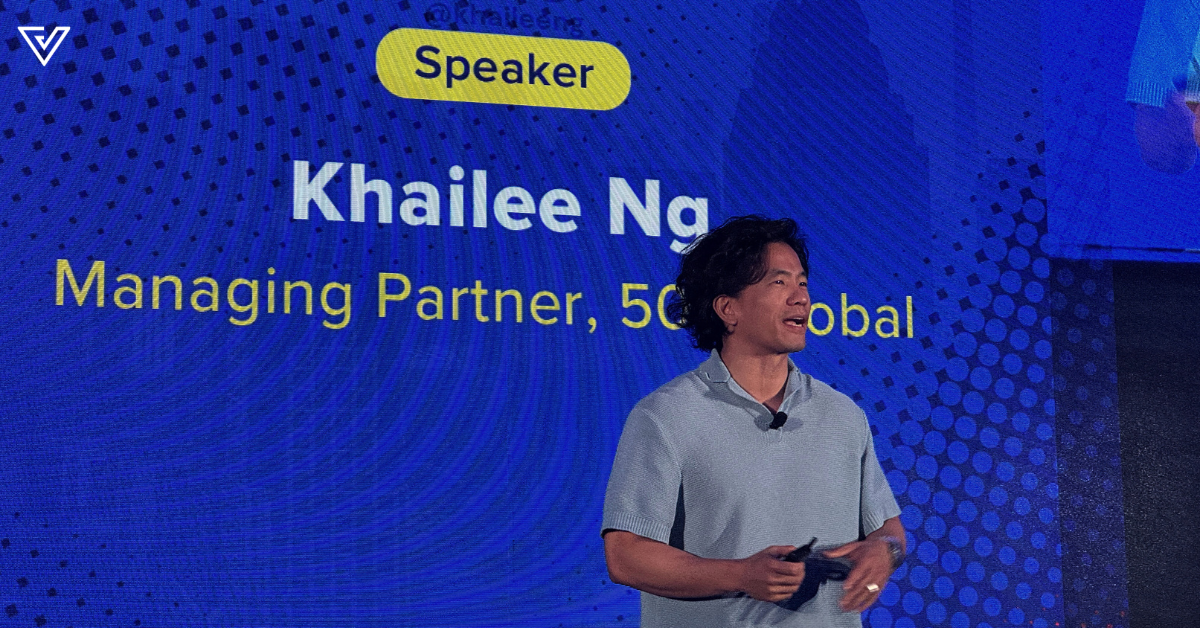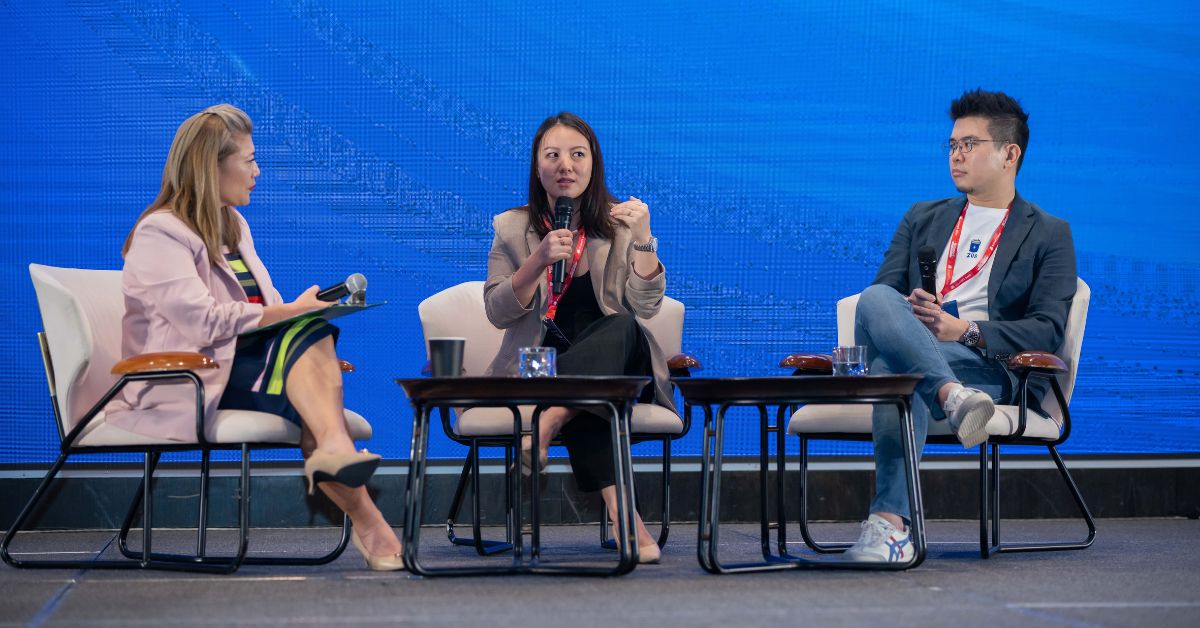- According to a YouGov Malaysia survey for May, Malaysians would be the proudest to work for Facebook.
- This is despite the scandal from Cambridge Analytica that has even impacted Malaysians.
- One factor could be Facebook’s strength in Malaysia as a campaign and political tool.
YouGov Malaysia regularly goes around to ask the average person on the street: would you be proud to work in one of their listed 368 companies?
And in their most recent collection, 51.7% of their respondents reported that they would be proud to work for Facebook.
This cinches Facebook’s position as the company that Malaysians would be proudest to work for, a huge leap from its closest competitors—Mercedes-Benz (43.7%), BMW (43.2%), Lazada (41.9%), and Maybank (41.1%).

This is an interesting result, considering the legal trouble Facebook went through with the explosive Cambridge Analytica revelations. And to make matters worse, the now-viral Cambridge Analytica video specifically pointed out Malaysia as one of the “recipients” of their underhanded political marketing tactics.
Perhaps the recent political rollercoaster of news has cooled Malaysians’ perception of the tech company somewhat. Not to mention, Malaysians never really joined the ironically viral #DeleteFacebook campaign that followed the kerfuffle.
This might be because Facebook is partly the reason that we have a new party on the top today.

Many Malaysians consider social media to be a bastion for the grassroots opposition movement, both this time around, and back in GE13 when Barisan Nasional came close to losing.
It’s no coincidence that the (former) opposition gained its traction along with the rise of social media, when mainstream media was usually dominated by (former) pro-government news.
Most would credit Twitter as one of the strongest platforms for political movements in Malaysia, but Facebook has a way of bringing groups together—be it to share articles that agree with their point of view, or to bring netizens together to discuss politics within their own fanpages and Facebook groups.
Facebook Live has also been a major political tool to campaign with, and now many of the ruling government’s decisions are dispensed through this method as well—after all, the ruling government might as well go where the people already are.
In fact, Barisan Nasional has questioned the sheer number of views on some of Pakatan Harapan’s Facebook Live streams before—claiming that “an audience of 200,000 can be easily purchased for RM600,000”.
The number of Facebook users in Malaysia grows exponentially every year, with the social media network capping 2017 at 12.75 million people.
According to MCMC, 97.3% of social media users in Malaysia own a Facebook account.
While international circles are already seeing a decline in Facebook’s users, it seems like Zucc’s baby will have a long and healthy life in Malaysia thanks to its role in toppling one of the longest-running political parties in the world.
- While we’re at it, here are some common mistakes that Malaysians make on Facebook, which could lead to another Cambridge Analytica.
Feature Image Credit: downloadsource.fr on flikr









